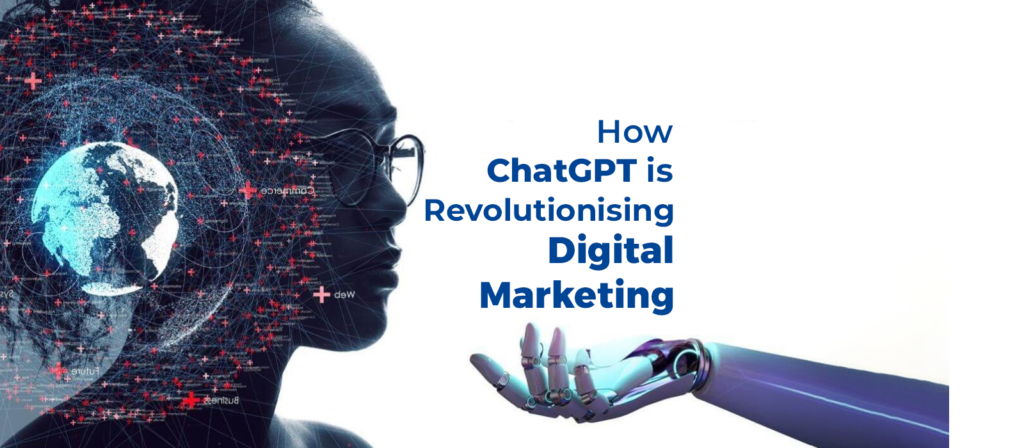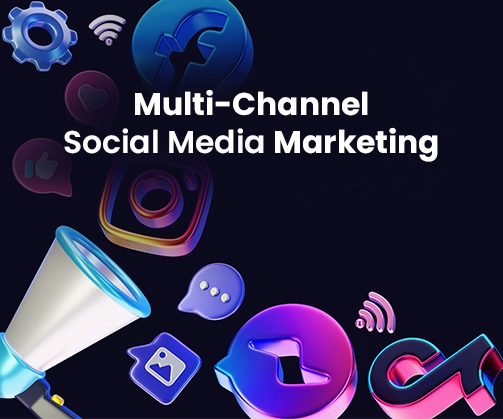Zoho is a Cloud-Based Powerhouse for Businesses. The Zoho Corporation was established in 1996 and has become a prominent player in the global cloud-based software market.
Unlike traditional software providers offering individual applications, Zoho stands out with its comprehensive suite – over 55 applications – catering to a vast range of business needs. Zoho’s strength lies in its diverse offerings of Customer Relationship Management (CRM). The Zoho CRM assists businesses in managing customer interactions, sales pipelines, and marketing campaigns. Another great feature is that the Zoho Books and Zoho Invoice streamline accounting tasks like invoicing, expense tracking, and financial reporting.
The tools like Zoho Projects and Zoho Work Drive enable businesses to collaborate effectively, manage tasks, and track project progress. Zoho Mail, Zoho Chat, and Zoho Meeting also helps to facilitate a seamless communication and collaboration within teams, regardless of their location.
The Zoho Recruit simplifies the recruitment process, and Zoho People helps manage employee information, leaves, and appraisals. It offers solutions for managing IT infrastructure, service desks, and endpoint security. The Zoho Analytics helps businesses to gain insights from data and make data-driven decisions.
Zoho is more than just a software. It goes beyond simply offering software applications as an All-in-one suite with the integration between applications eliminating the need for multiple disconnected tools for streamlined workflows and improved data consistency.
It caters to businesses of all sizes. Their flexible pricing plans scale based on user needs, making them a cost-effective alternative to expensive enterprise software solutions.
Zoho’s journey wasn’t as easy as it has made our work easier, especially as a new member in a market dominated by established giants. Competing with the industry leaders like Microsoft and Google for brand recognition and changing the mindsets of businesses to adopt a cloud-based approach to software required overcoming initial hesitations about data security and reliability of cloud solutions was a significant challenge.
It is Zoho’s strategic marketing approach that has been instrumental in their success. Zoho’s marketing heavily underlines the return on investment (ROI) their solutions deliver to businesses. They showcase how Zoho helps businesses save costs, improve efficiency, and gain a competitive boundary.
Zoho also offered a freemium version of several applications allowing businesses to experiment with Zoho’s features and functionalities before committing to paid plans. This lowers the initial barrier to entry and builds trust. Later to create a community of people using Zoho, they actively started online forums, user groups, and webinars. This approach provides valuable resources to users, promotes knowledge sharing, and builds brand loyalty.
The most happening digital marketing used in Sprint Digitech is also Content Marketing. Zoho invests heavily in creating informative content such as blog posts, white papers, and ebooks. This content educates potential customers about industry trends, best practices, and how Zoho’s solutions can address their challenges.
Zoho remains committed to innovation. They continuously invest in research and development to enhance existing applications and introduce new ones that cater to evolving business needs. Additionally, Zoho recognizes the growing importance of artificial intelligence (AI) and machine learning (ML) and is actively integrating these technologies into its software suite.
With more than 25 apps, Zoho powers online businesses, productivity, and teamwork while meeting the computing demands of over nine million users globally. Businesses utilise Zoho Applications to efficiently manage their information and conduct the company processes, from customer relationship management (CRM) to mail, invoicing, and web conferencing. Silicon Valley serves as its headquarters. It was founded by Sridhar Vembu.
Zoho Used ChatGPT to generate initial drafts for blog posts and white papers, outlining key points and providing relevant information. Marketers then focused on refining the content with industry-specific expertise and adding a human touch.
Result: Reduced content creation time and improved the overall quality and consistency of content marketing efforts.
MasterClass
Master Class is an online platform offering subscription-based classes taught by renowned educators from various fields. It was launched in 2015 and it provides a unique opportunity to learn from experts in filmmaking, cooking, writing, business, and more.
Master Class was co-founded by Aaron Rasmussen and David Rogier in 2014. Rasmussen, previously was an entrepreneur, conceived a platform where anyone could learn from the world’s best. Rogier, a former Facebook executive, brought his expertise in technology and design to build the platform.
Master Class’s USP lies in its unparalleled access to renowned instructors. Users can learn from industry giants like Gordon Ramsay, Neil Gaiman, and Spike Lee in an intimate online setting. The platform offers in-depth, high-quality lessons structured into bite-sized videos for a flexible learning experience.
Master Class uses a multi-channel marketing strategy that includes:
Celebrity partnerships: Master Class partners with renowned instructors for promotions and social media campaigns.
Content marketing: Creating engaging content like trailers and free previews to showcase the platform’s value.
Social media marketing: Utilising platforms like YouTube and Instagram to reach a wide audience.
Influencer marketing: Collaborating with influencers to promote MasterClass to their followers.
Subscription model: Offering a freemium model with limited content and a paid subscription for full access.
The Challenge faced by developing a wider variety of engaging content to distribute to diverse learning styles and interests.
MasterClass used ChatGPT to generate personalised learning materials, quizzes, and interactive exercises that complement video lectures. This could include creating study guides, summarising key concepts, or offering practice problems tailored to the specific course.
Results: Personalised learning experiences could increase student engagement and knowledge retention, leading to a more well-rounded educational platform.







